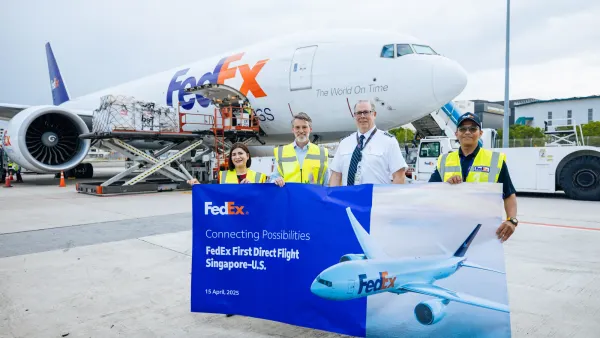Dive Brief:
- Esprit will no longer work with a garment factory in Southern Myanmar after a United Nations report revealed the factory's location is connected to Myanmar Economic Holdings, which is owned by the country's military. "Esprit will be taking immediate action by stopping all future orders made to the Perfect Gains factory in Myanmar," the fashion brand told Nikkei Asian Review.
- A U.N. fact-finding mission report on Myanmar, which details the country's use of its "foreign companies and arms deals to support brutal operations against ethnic groups that constitute serious crimes under international law, bypassing civilian oversight and evading accountability," urges all foreign companies to scrutinize any business they conduct in the country to avoid ties to the military.
- Next, Bestseller, H&M, Marks & Spencer and C&A were identified by Nikkei as also contracting with factories in the same location. Bestseller, H&M and Marks & Spencer told Nikkei they would review the report.
Dive Insight:
Beyond tracing their own supply chains through the tiers to understand what the work of making their garments entails, brands and retailers also must trace those tiers back to their ownership — to avoid the appearance of, and the act of, supporting regimes whose policies violate human rights.
In Myanmar, the marginalization, expulsion and abuse of Rohingya Muslims is well-documented. The U.N. contends the country has deported more than 700,000 citizens within the religious minority to Bangladesh.
Myanmar is a growing player in global garment production. Export totals for cut-make-pack garments reached $3.8 billion from the end of October 2018 to late August — a $1 billion gain over the same period one year prior, according to Fibre2Fashion. The country still doesn't come close to making the top 10 global clothing exporters, according to data from the World Trade Organization. But with tariffs on apparel imports to the U.S. from China kicking in, fashion brands are looking outside of the box for sourcing. As a result, sourcing from Bangladesh, Vietnam, India and other China alternatives is growing.
"The implementation of the recommendations in this report will erode the economic base of the military, undercut its obstruction of the reform process, impair its ability to carry out military operations without oversight and thus reduce violations of human rights and international humanitarian law, and serve as a form of accountability in the short-term," Mission Chair Marzuki Darusman said in a statement.
At least one garment factory in Myanmar represents a joint venture involving a Myanmar military-linked conglomerate, and another in South Korea has "contractual or commercial ties" to a military-linked firm, according to the U.N. report. Beyond apparel, the listed connected businesses range from mining to manufacturing, finance and agriculture — 120 businesses in total.
Foreign companies contracting with these businesses risk contributing to, or being linked to, "violations of international human rights and humanitarian law. At a minimum, they are contributing to supporting the military’s financial capacity," according to the U.N.
H&M told Nikkei the company had met with the government of Myanmar on multiple occasions to emphasize compliance with U.N. directives.
This story was first published in our weekly newsletter, Supply Chain Dive: Procurement. Sign up here.













